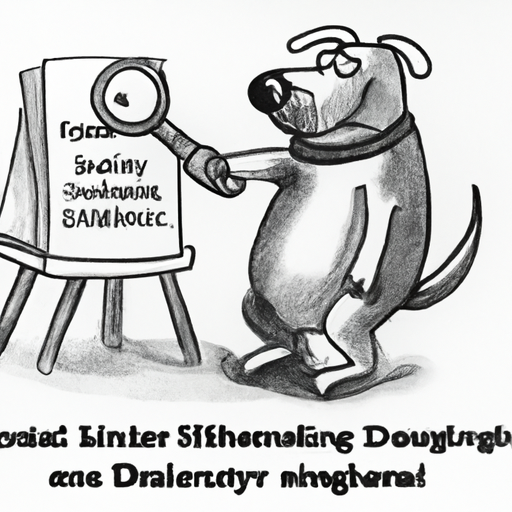As a caregiver, you may have noticed that your canine companion occasionally has what appears to be “eye boogers.” You are not alone in this observation, and you certainly are not alone in your curiosity as to why this happens. This article will delve into the reasons behind this peculiar canine phenomenon.
What are Eye Boogers, Exactly?
Eye boogers, technically known as ocular discharges, are a normal part of your dog’s bodily functions. They are the result of the dog’s body doing its job in keeping their eyes clean.
- Natural cleaning process: Your dog’s eyes produce mucus to trap dirt, dust, and other foreign bodies that could potentially harm their eyes. This mucus, when dries, forms what we commonly refer to as eye boogers.
- Tears: Dogs, like humans, also produce tears. The excess tears dry up and combine with mucus and dust to form eye boogers.
Why are Eye Boogers a Concern?
While eye boogers are a normal part of your dog’s daily life, an increase in the amount or a change in color and consistency can indicate an underlying health issue.
- Infections: An increase in discharge can be due to bacterial or viral infections.
- Allergies: Allergens can cause your dog’s eyes to produce more tears and mucus, leading to more eye boogers.
- Eye disorders: Conditions like dry eye or corneal ulcers can also result in an increase in eye boogers.
How to Clean Your Dog’s Eye Boogers
Cleaning your dog’s eye boogers is an essential part of their grooming. Here’s a simple method that you can follow:
- Dampen a soft, clean cloth or cotton ball with warm water.
- Gently wipe away the discharge from the corner of your dog’s eye.
- Dry the area with a separate dry cloth.
- Reward your dog with a treat for their patience.
When to Seek Veterinary Help
As a responsible caregiver, it’s important to know when to consult a veterinarian. If you notice the following signs, it may be time to seek professional help:
- Persistent redness
- Continuous pawing at the eyes
- Unusual or excessive discharge
- Changes in behavior, such as loss of appetite or lethargy
FAQs
Q: Can I prevent my dog from getting eye boogers?
A: While you can’t entirely prevent eye boogers, regular cleaning can help reduce them.
Q: What if my dog’s eye boogers are green or yellow?
A: Green or yellow discharge can indicate an infection. It’s best to consult a veterinarian in this case.
Q: Are certain breeds more prone to eye boogers?
A: Yes, dogs with shorter noses and larger eyes, like Pugs and Bulldogs, tend to have more eye boogers.
Q: Should I be concerned if my dog’s eye boogers are crusty?
A: Crusty discharge can be a sign of dry eye or other disorders. It’s recommended to seek veterinary advice.
Knowledge is the first step to ensuring that your furry friend stays healthy and happy. So, keep an eye on those eye boogers, and give your pet the care they deserve.



